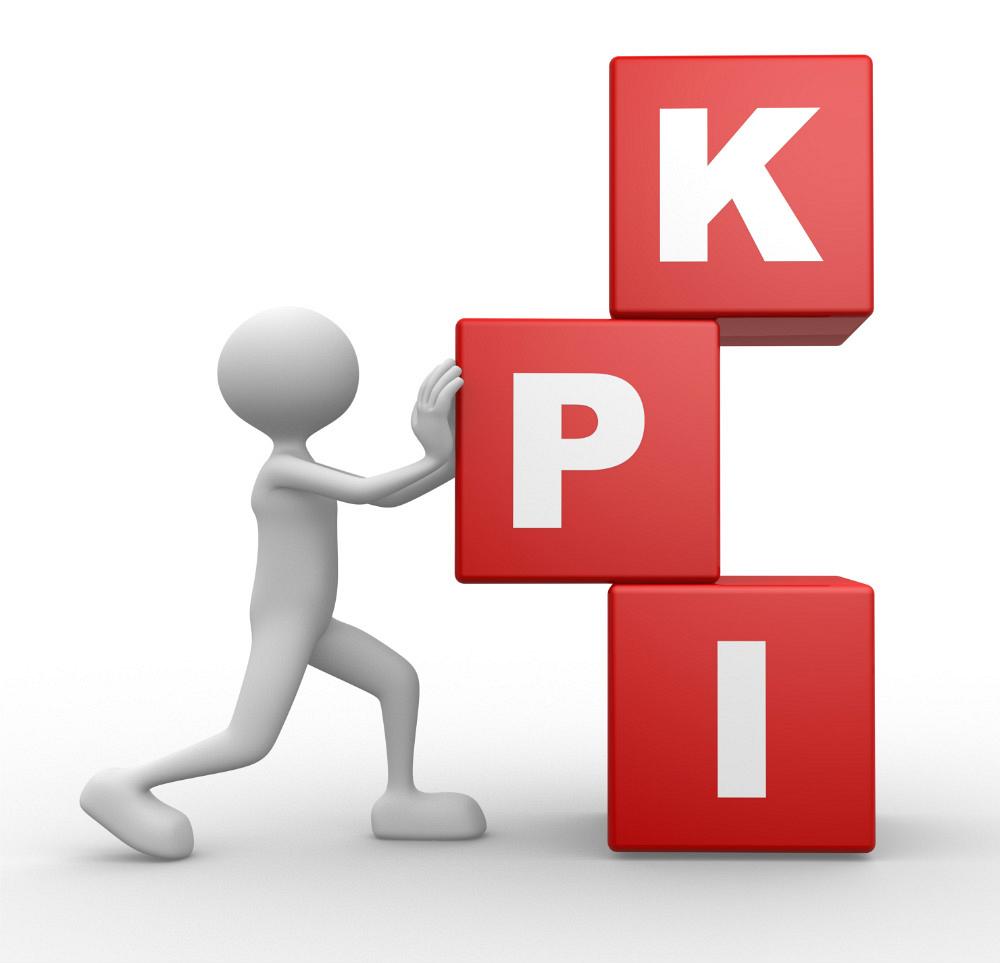President
- FMA
- The Fabricator
- FABTECH
- Canadian Metalworking
Categories
- Additive Manufacturing
- Aluminum Welding
- Arc Welding
- Assembly and Joining
- Automation and Robotics
- Bending and Forming
- Consumables
- Cutting and Weld Prep
- Electric Vehicles
- En Español
- Finishing
- Hydroforming
- Laser Cutting
- Laser Welding
- Machining
- Manufacturing Software
- Materials Handling
- Metals/Materials
- Oxyfuel Cutting
- Plasma Cutting
- Power Tools
- Punching and Other Holemaking
- Roll Forming
- Safety
- Sawing
- Shearing
- Shop Management
- Testing and Measuring
- Tube and Pipe Fabrication
- Tube and Pipe Production
- Waterjet Cutting
Industry Directory
Webcasts
Podcasts
FAB 40
Advertise
Subscribe
Account Login
Search
Discovering your real key performance indicators
How to find the right consultant to guide the process
- By Bill Frahm
- April 12, 2017
- Article
- Shop Management
How do you decide what business and manufacturing activities to measure? With just a little research, you will encounter numerous websites with titles like “10 Key Performance Indicators You Must Measure” and you’ll find little consistency among the lists.
Manufacturing organizations operate on many measurable activities. Your selection of key performance indicators (KPIs) should include a mix of operational, financial, and quality measurements. In the end, the decision about what to measure is based on your company's values and experiences.
Identifying Your KPIs
Some of the questions you should ask yourself and your organization include:
- What are my organization's values in maintaining customer satisfaction and attracting new customers?
- What operational activities are important to achieve and maintain customer satisfaction?
- What are my company's goals for maintaining financial health?
- What operational activities best support customer-related issues, such as product quality, on-time delivery, customer support, and design-to-manufacture turnaround time?
- What operational activities have the greatest effect on the company balance sheet, income statement, and cash flow?
- Which financial activities best support company goals and values?
Your KPIs should measure activities with the greatest effect on your financial, customer, and sales results. They also should be relevant to your type of business and manufacturing activity. If you run a job shop, lead time and workflow performance are quite important, but throughput volume will most likely be inconsequential. Select the measures appropriate for your manufacturing environment and priorities.
The Consultant Question
You might have in-house staff who are skilled at identifying and defining measures. However, it’s likely you’ll still need assistance in finding the right portfolio of KPIs to generate real improvement. This is where the right consultant can offer value.
Keep in mind, though, that consultants generally promote the measures they understand or the latest trends in performance evaluation. Adopting someone else's over-the-counter remedy does little to address your needs for performance and consistency.
A competent consultant will help you define your organization's priorities, critical strengths, and weaknesses. You then can define which activities require measurement for improvement and which activities are important for maintaining customer satisfaction and business continuity.
When making this choice, consider the consultant's knowledge, experience, and ability to work with your employees. Here are some other considerations:
Use internal experts where you can. Don't forget that your own employees know your company better than anyone else. Management often seeks outside confirmation but neglects to consider the value of employee ownership of problems, measures, and solutions.
Confirm the experience of your consulting prospects. Consultants are in the business of selling you people by the hour. When the people they send have deep experience in the topic you are reviewing, they can offer valuable insight. If not, your people can waste their time offering a free education. Require that knowledgeable and experienced staff be assigned to your project.
Don't fall into the credentialing trap. It's easy to be impressed by a consultant with a string of letters after his or her name. Remember that knowledge, experience, and communication are the most important skills. Certification exams may be very specific in their scope or very broad. Those certificates don’t guarantee you will receive the level of quality you require.
Define and enforce your project scope. The nature of consulting is to meet the obligations of your current contract while looking for your next engagement, which means the consultant needs to look beyond the scope of the current project. It's fine to work with a respected consultant to identify areas where he or she may be helpful in the future, but don’t do this on your employees’ time. Your current project must be their priority.
You and your company own your project. You understand your priorities and values. Successful projects that persist as a valuable contributor to organizational success are driven by those who will benefit the most and whose actions best contribute to performance. Consultants can be valuable assets where you may lack experience or knowledge, but leadership depends on you.
About the Author

Bill Frahm
P.O. Box 71191
Rochester Hills, MI 48307
248-506-5873
subscribe now

The Fabricator is North America's leading magazine for the metal forming and fabricating industry. The magazine delivers the news, technical articles, and case histories that enable fabricators to do their jobs more efficiently. The Fabricator has served the industry since 1970.
start your free subscription- Stay connected from anywhere

Easily access valuable industry resources now with full access to the digital edition of The Fabricator.

Easily access valuable industry resources now with full access to the digital edition of The Welder.

Easily access valuable industry resources now with full access to the digital edition of The Tube and Pipe Journal.
- Podcasting
- Podcast:
- The Fabricator Podcast
- Published:
- 04/16/2024
- Running Time:
- 63:29
In this episode of The Fabricator Podcast, Caleb Chamberlain, co-founder and CEO of OSH Cut, discusses his company’s...
- Trending Articles
Steel industry reacts to Nucor’s new weekly published HRC price

How to set a press brake backgauge manually

Capturing, recording equipment inspection data for FMEA

Are two heads better than one in fiber laser cutting?

Hypertherm Associates implements Rapyuta Robotics AMRs in warehouse

- Industry Events
16th Annual Safety Conference
- April 30 - May 1, 2024
- Elgin,
Pipe and Tube Conference
- May 21 - 22, 2024
- Omaha, NE
World-Class Roll Forming Workshop
- June 5 - 6, 2024
- Louisville, KY
Advanced Laser Application Workshop
- June 25 - 27, 2024
- Novi, MI



























